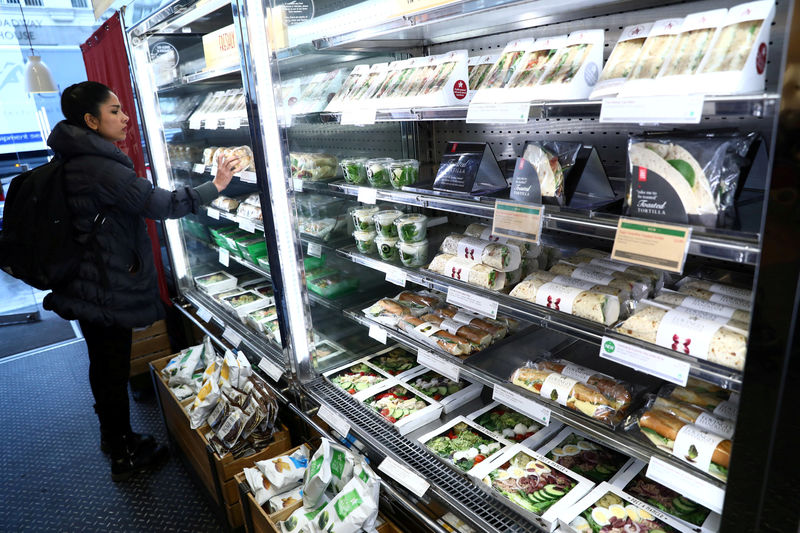By Geoffrey Smith
Investing.com -- U.K. retail sales fell for the second month in a row in September as consumers revolted at runaway inflation, pushing the country closer to recession.
Sales fell 1.4% in real terms – that is, adjusted for inflation – as inflation ran at a rate of over 10%. August's decline was also revised down to 1.7% from an initial reading of 1.6%.
That left sales down 6.9% on the year.
Core retail sales, which exclude fuel and vehicle sales, were likewise down 1.5% on the month and down 6.2% from a year ago.
The figures were also affected by the death of Queen Elizabeth II, which saw many retailers shut during a week of national mourning.
There was also bad news on Friday regarding the government's finances. Net public sector borrowing surged to 19.25 billion pounds ($21.5 billion), well ahead of forecasts of 12.3 billion pounds. That was the second-highest figure for a September since records began in 1993.
The higher borrowing requirement was a result of higher interest payments on index-linked government debt and higher benefit payments, most of which came from payments to those struggling with their energy bills. So-called Enhanced Winter Fuel Payments, which are paid out during November and December, are recorded each September.
That more than offset a healthy 7 billion-pound rise in tax revenues.
The numbers are the latest blow to U.K. government bonds, or Gilts, which were rocked by the brief efforts of Liz Truss to kickstart economic growth with a massive package of unfunded tax cuts. The yield on the benchmark 10-year Gilt rose 15 basis points to 4.04% at the start of trading on Friday in London.
Samuel Tombs, U.K. analyst with Pantheon Macroeconomics, noted that the figures still leave U.K. borrowing below the level forecast by the Office for Budget Responsibility for the first half of the fiscal year. However, he warned that the rise in debt interest costs, coupled with slower growth in tax receipts due to the economic slowdown, means that the trend is set to deteriorate from now on.
Tombs estimated in a note to clients that the new Chancellor of the Exchequer, Jeremy Hunt, still needs to find 38 billion pounds of savings in order to ensure that debt as a share of GDP is falling within three years, as the government plans. He expected the government to resort to public spending cuts - at least in real terms - to help find those savings.
"In short, austerity is about to make a comeback, amplifying the emerging recession," Tombs said.
